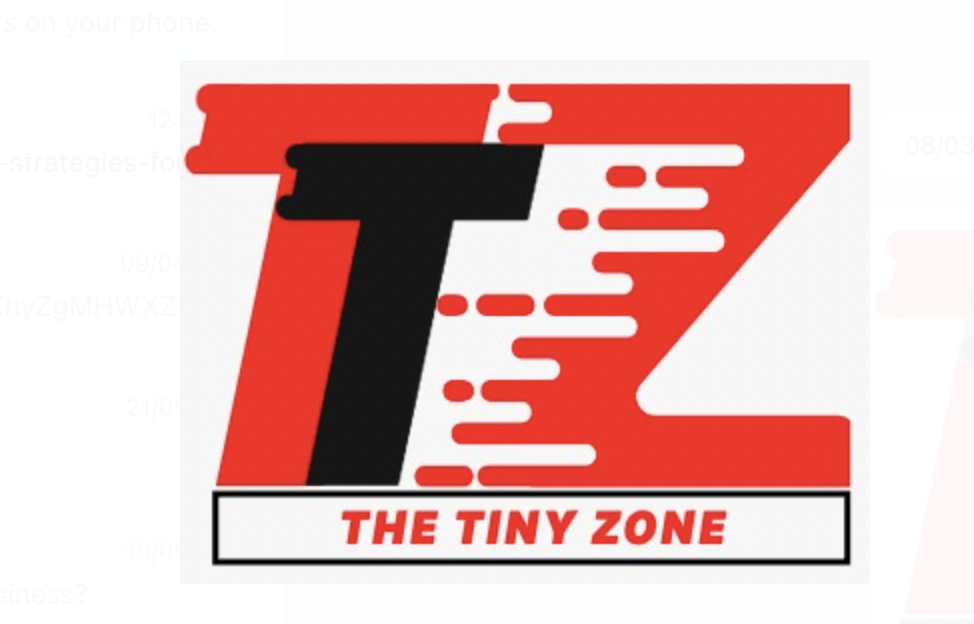Android games have become a massive industry, attracting millions of players worldwide. If you’ve ever dreamed of creating your own mobile game but don’t know where to start, this beginner’s guide is for you. In this article, we’ll explore the essential requirements, whether you can create games using mobile devices, the role of coding in game development, and the best software to use. Let’s dive in!
Requirements
Before embarking on your Android game development journey, there are a few essential requirements you’ll need to have in place:
Computer: A personal computer or laptop with decent specifications is a must. It should have enough processing power and memory to handle game development tools and software.
Operating System: Most game development software runs on Windows, macOS, or Linux. Ensure your computer has a compatible operating system.
Android Device: While not mandatory, having an Android smartphone or tablet will be beneficial for testing and debugging your game during development.
Internet Connection: A stable internet connection is necessary for downloading software, assets, and accessing resources like tutorials or forums for assistance.
Can We Make Android Games Using Mobile?
Developing an Android game solely using a mobile device can be quite challenging, especially for beginners. While there are some mobile apps that claim to enable game development, they often have limited features and capabilities compared to dedicated desktop software.
Creating complex and engaging games usually requires the power and versatility of desktop computers. You will need to use game development tools and coding languages that are better suited for a computer’s processing capabilities. However, once your game is developed, you can certainly play and enjoy it on your Android device.
Does It Require Coding or Can We Develop Mobile Games Without Coding?
Coding plays a significant role in game development, but there are alternatives for those who are not familiar with programming languages. Let’s explore both options:
Game Development with Coding
Traditional game development involves coding to build the game’s logic, interactions, and mechanics. The most commonly used programming languages for Android game development are Java and Kotlin. Java has been a long-standing choice for Android developers, while Kotlin offers more modern features and is officially supported by Google.
Learning to code may seem intimidating at first, but there are numerous online tutorials, courses, and resources available to help beginners get started. With dedication and practice, you can gain the skills needed to create exciting Android games.
Game Development Without Coding
For those who prefer to avoid coding altogether, there are game development platforms that offer visual scripting. Visual scripting allows you to create game logic and behaviors by connecting pre-built blocks or nodes together, eliminating the need to write code manually.
One popular platform that offers visual scripting is Unity. Unity’s visual scripting system, called “Bolt,” empowers non-coders to create games using a node-based interface. Although it may not be as powerful or flexible as coding, it’s an excellent option for beginners or those who want to focus on the creative aspects of game development without delving into programming.
Best Software to Use to develop Android Games
The software you choose for Android game development will significantly impact your workflow and the final product. Here are some of the best options to consider:
Unity
Unity is one of the most popular and versatile game development engines, used by both beginners and professionals. It supports 2D and 3D game development and offers a wide range of features, including physics, animation, audio, and more. Unity supports coding in C# as well as visual scripting through its Bolt tool.
Pros:
- User-friendly interface
- Large community and extensive documentation
- Cross-platform support (Android, iOS, PC, consoles, etc.)
- Asset store with pre-made assets and plugins
Cons:
- Can be resource-intensive for complex projects
- Some advanced features may require a paid subscription
Unreal Engine
Unreal Engine is another powerful game development engine, known for its stunning graphics and high-quality visuals. While it is more commonly used for PC and console games, it also supports Android game development.
Pros:
- Cutting-edge graphics and rendering capabilities
- Robust physics and animation systems
- Blueprints visual scripting system for non-coders
- Free to use, with royalty fees for commercial products
Cons:
- Steeper learning curve for beginners
- Higher system requirements for smooth operation
Godot Engine
Godot Engine is an open-source game development platform that has gained popularity for its simplicity and efficiency. It supports 2D and 3D game development and has its own scripting language called GDScript.
Pros:
- Lightweight and efficient
- Dedicated 2D engine for pixel-perfect games
- Active community and regular updates
- No royalties or subscription fees
Cons:
- Smaller asset library compared to Unity or Unreal Engine
- Some features may be less mature or advanced
Final Thoughts
Embarking on the journey of creating Android games is an exciting endeavor that requires dedication, creativity, and a willingness to learn. While you can explore options for developing games using mobile devices or without coding, the most powerful and flexible approach involves using a computer with game development software like Unity, Unreal Engine, or Godot Engine.
Don’t be discouraged by the learning curve or potential challenges along the way. Game development is a rewarding process that allows you to bring your ideas to life and share them with the world. Take advantage of online tutorials, forums, and communities to seek support and guidance, and most importantly, have fun while creating your own Android games!


